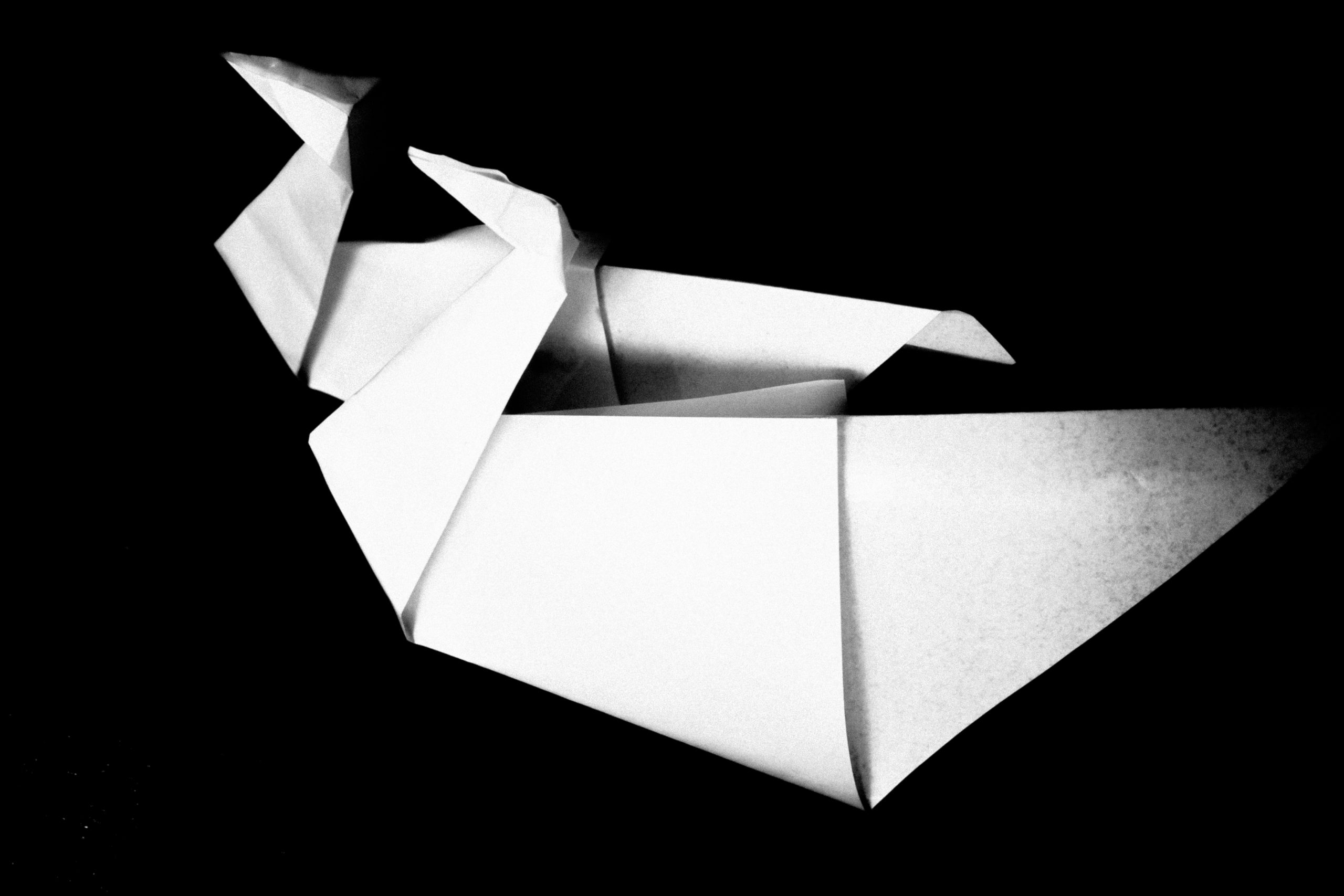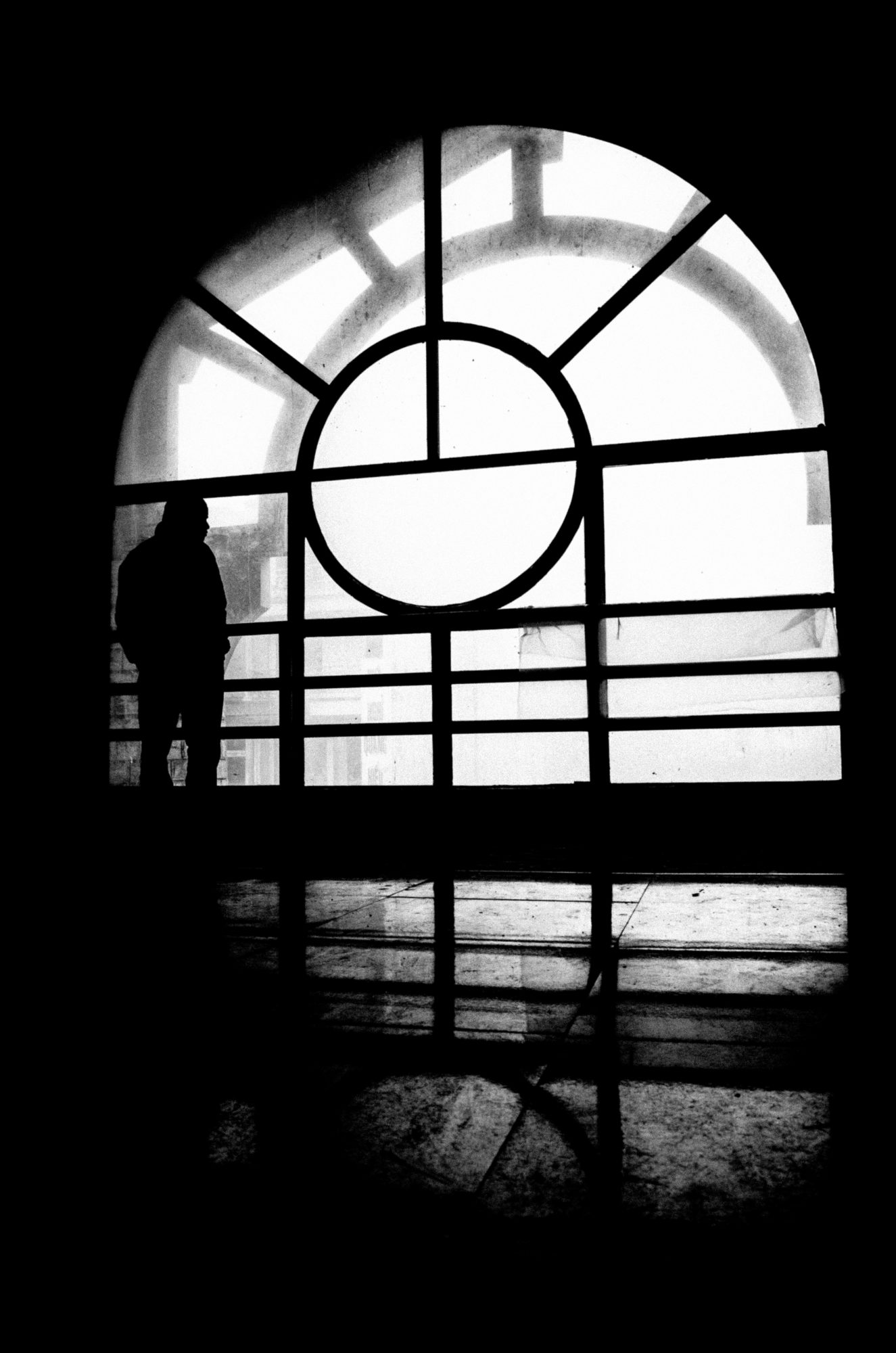With material things (phones, laptops, cars, homes, clothes) don’t seek the “perfect” thing. Rather, “satisfice” (satisfy + suffice); seek material things which you consider 80% “good enough” and settle/stick with it!
How to conquer gas (gear acquisition syndrome)

I have to admit, I’m a sucker for new gear and equipment. I always the “perfect” device which will satisfy all of my desires.
But the truth is, no matter how advanced, innovative, and expensive that thing or tool you want to buy, it will never be 100% “perfect”.
A thought experiment:
What if you were forced to stick with your older/”shittier” phone, tablet, laptop, camera — could you still make good artwork?
We are endlessly dissatisfied

I don’t think that dissatisfaction is a bad thing. In-fact, it is probably a good thing.
I think all the source of innovation and new technologies is that we are dissatisfied with the existing technologies. We want to create things which are better and more powerful, in order to improve our lives.
Good vs Bad Dissatisfaction

However this is an important distinction to make:
- If we are seeking to invent new things, dissatisfaction is a good thing (producerism).
- If we want to buy stuff, dissatisfaction is a bad thing (consumerism).
In the first scenario, seeking to create and invent new things– the dissatisfaction is good, because it inspires us, and drives us forward!
In the second scenario, dissatisfaction is bad, because we waste all of our mental energies on trying to optimize our equipment and tools– all that time and energy we could be actually using to making stuff, and doing stuff!
Suffice: (Satisfy + Suffice)
The ‘bounded rationality‘ school in psychology of behavioral economics (Gerd Gigerenzer, Barry Schwartz, many others) say:
Best for us to make decisions or purchase things which “satisfice” (satisfy and suffice for our needs, 80% ‘good enough’)
The word “satisfy” comes from satis (‘enough’– think of the word “satiate”), or to “make do”.
The word “suffice” comes from the Latin, “sufficio“– to supply, be adequate.
This is an example of a ‘heuristic‘ — short rules of thumb which help us make decisions quicker and more effectively, without “overthinking” things, and falling victim to “paralysis by analysis“.
Anti-maximization thinking

And of course heuristics aren’t perfect; but I think it is better to make a decision and move forward (even if it might be the ‘wrong’ one), than to be dormant and paralyzed; not knowing which decision to make.
Even if you had all the perfect tools, what would you want to do?
Let us do a thought experiment: let us say you had all the “perfect” or the “best” tools known to man:
- You own ALL the newest Apple tools (newest iPhone, iPad Pro, MacBook Pro, etc)
- You own ALL the best headphones/earbuds/wired-wireless
- You own ALL the best cars (luxury, sports, electric)
- You own ALL the best clothes (casual, sports, fancy, clubbing)
- You have a trillion dollars in the bank, and everyday $1 million dollars is entering your bank account
If this was the situation, what would you want to do with all of your tools and toys?
It seems the answer is simple:
To use those tools and equipment to make artwork!
Artwork as making photos, making pictures, writing, etc.
Then this is the question:
Do you need the “best” tools/equipment in order to make artwork?
Use the tools with the least amount of friction

This is the interesting thing with tools and equipment: they aren’t ends in themselves, rather– they are a MEANS in order to DO things, CREATE things, and MAKE THINGS!
Which means:
We don’t like cameras in themselves (to admire them as objects); we like cameras when we’re making photos with them!
Then the question is:
Which camera helps you shoot more photos?
I discovered for myself, the best cameras to shoot a lot include your phone, or a small “standalone” compact camera (Fujifilm XF10, RICOH GR II). This is because there is the least amount of “friction” to use them; the more smoothly, seamlessly, and flowingly you can use your tools without thinking, the better!
In-fact, with photography– the less you think the better!
Less friction in all aspects of your life

Even with going to the gym; best to NOT have to think before going to the gym — not thinking about what to wear, not thinking about which devices to bring– to just get your ass in the car, then show up to the gym, and THEN figure out (once you’re there) what type of workout to do! Remember the Publilius Syrus aphorism: “The gladiator devises his plan once he enters the ring.”
This is also why I wear the same all-black outfit every single day; one less thing to think about. I just wake up, wear the same outfit– and then use the rest of my precious brainpower to create art!
What shouldn’t we satisfice in our lives?

My general rule of thumb is that to satisfice, we seek something that is 80% “good enough”.
However, I think there are a lot of things we shouldn’t satisfice in our lives.
For example, we shouldn’t “satisfice” human relationships. For example, when seeking a life partner (Cindy), I sought someone who I considered “perfect”. Of course we still get into fights, disagreements, and there is friction between us– but still, I consider her perfect in my eyes.
Also with knowledge-seeking and art-creation; I think being more of a “perfectionist” is good. Of course we still need to iterate, and keep moving forward (the whole process is imperfect). But still– our ultimate aim is to continue to create better things, to keep improving things, and to keep making things more perfect. We still realize that perfection is impossible; but we still strive for perfection.
“Can’t be afraid to fail in the search of perfection.”
JAY Z
Conclusion

Practical takeaways:
- Seek to discover a camera which you consider 80% ‘good enough’ for yourself then just stick with it! Only buy a new camera once your old camera breaks, or when a new camera comes out which you consider 10x better than what you currently own.
- With working out, seek the simplest workout. Don’t seek a perfect workout; it doesn’t exist.
- Always seek to improve and iterate; but know that every new version of whatever you share or publish won’t be 100% perfect (you will never make a perfect blog post, write a perfect book, make a perfect photo)– but always strive for better.
- With clothes, seek a simple outfit; I think it is best to wear the same simple outfit every single day (all black everything).
- With making decisions, there is no such thing as a perfect decision. You will never have perfect information about all the possible scenarios. So just be bold; make a decision– knowing perfectly that you might fail or make the “wrong” decision; and that is fine! Just keep moving forward in life (the rolling stone gathers no moss).
MOVE ON!
ERIC
-
Sale!

ERIC KIM NECK STRAP MARK II
Original price was: $ 770.$ 149Current price is: $ 149. Add to cart -
Sale!

HENRI NECK STRAP MARK IV
$ 499 Select options This product has multiple variants. The options may be chosen on the product page -
Sale!

ERIC KIM WRIST STRAP MARK II
Original price was: $ 850.$ 99Current price is: $ 99. Add to cart












